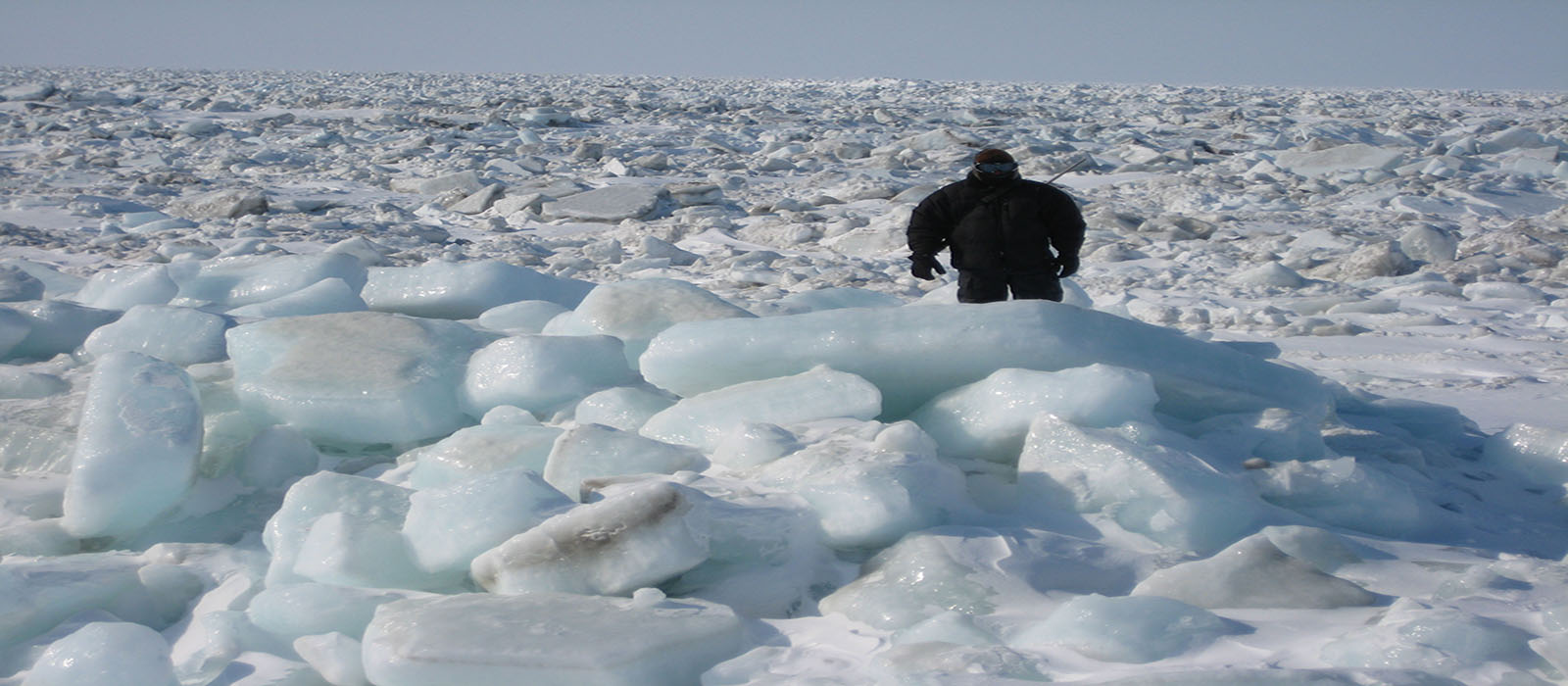The interdisciplinary Northern Studies graduate program at Carleton emphasizes northern environments and societies, and the policies that are developed to govern them.
We offer two Graduate Diplomas (Type 2 or 3) for current graduate students and working professionals, as well as a Master of Arts and Master of Science degree.
All of the programs are designed to give interdisciplinary training and experience in Northern Studies and all students are required to begin their studies with a field course of about one week. This is a residential field course that will take place too far from Ottawa for daily commuting. The introductory field course is a prerequisite for the core courses that are integral to the degrees and diplomas.
The Northern Studies program is a collaboration of six academic units:
- Department of Geography and Environmental Studies
- Department of Sociology and Anthropology
- Department of Earth Sciences
- Department of Biology
- School of Public Policy and Administration
- School of Indigenous and Canadian Studies
Capital Advantage
Being based in Ottawa has provided an opportunity for us to develop strong links with government departments, industry, businesses and non-profit organizations headquartered in the Ottawa area. Ottawa also has a significant and fast growing First Nations, Métis and Inuit population and many national and regional Indigenous organizations are located here. Research and career possibilities are just down the road.
Research Highlights
Due to the fact that faculty for this program come from six different academic units, the research is varied. For a complete list of faculty profiles and their research, please visit the Northern Studies website.
Graduate Diploma in Northern Studies (Type 2 and Type 3) (3.0 credits)
The following courses are required:
- NRTH 5008 [0.0] Introductory Northern Field Course
- NRTH 5000 [1.0] Core Seminar: Northern Environments, Northern Societies, Northern Policy
- NRTH 5001 [1.0] Core Seminar: Northern and Arctic Issues
AND 0.5 credit from:
- GEOG 5003 [0.5] Critical Approaches to Qualitative Inquiry
- PECO 5001 [0.5] The Methodology of Political Economy
- SOCI 5105 [0.5] Selected Topics in Social Research
- GEOG 5001 [0.5] Modeling Environmental Systems
- OR another course in research methods approved by the Program Supervisor
AND 0.5 credit from:
- ANTH 4610 [0.5] Advanced Studies in Indigenous Peoples of North America: Current Issues in Anthropological Research
- ANTH 5004 [0.5] Ecological Anthropology
- ANTH 5106 [0.5] North American Indigenous Peoples
- ANTH 5208 [0.5] Anthropology of Indigeneity
- CDNS 5101 [0.5] Indigenous Peoples, Canada and the North
- CDNS 5700 [0.5] Arctic Passages: The Changing Dynamics of Canada’s North
- ERTH 5309 [0.5] Glacial and Periglacial Geology
- GEOG 4013 [0.5] Cold Region Hydrology
- GEOG 4017 [0.5] Global Biogeochemical Cycles
- GEOG 4108 [0.5] Permafrost
- GEOG 5303 [0.5] Geocryology
- GEOG 5600 [0.5] Empire and Colonialism
- GEOG 5804 [0.5] Geographic Information Systems
- NRTH 5009 [0.5] Field Course in Canada’s North
- PADM 5224 [0.5] Aboriginal Policy
- PADM 5614 [0.5] Natural Resource Management
Applicants may apply for advanced standing in the epistemology/methods course and the elective course.
